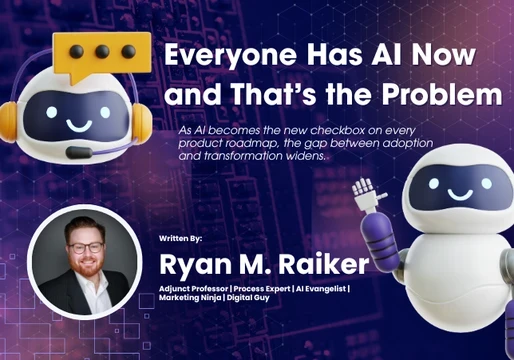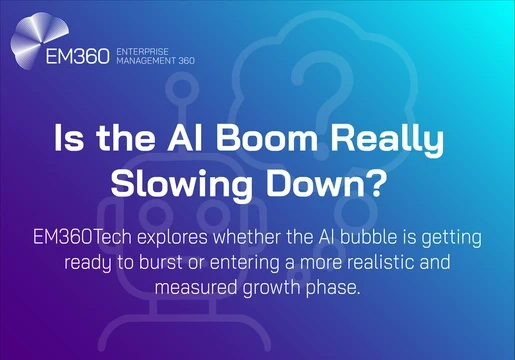Traditional AI models may not capable of tackling "business processes" in the enterprise. This is according to a new research paper from scientists at IBM Watson and Almaden Research Centre units.
IBM insisted that this paper is the first of its kind. "Academic literature on machine learning modelling fails to address how to make machine learning models work for enterprises," it said.
"Traditional software development lifecycle methodologies fall short when managing AI models," the paper stated. This is because "AI lifecycle management has many differences from traditional software development lifecycle."

"Messy data" does not work in the enterprise
Many organisations do not realise that AI models are probabilistic models, according to IBM. This means that they learn patterns from "messy data," so it is not always possible to "model the patterns in data exactly to fit every data point."
As a result, accuracy will not be 100% initially, but AI models will begin to improve by learning from more data. In order to make this happen, however, businesses need to invest more in AI education.
AI models built on general purpose data
In addition to messy data, traditional AI models also use general purpose data. These "base models" provide foundations for an AI model.
However, industry adaptation and customer adaptation are crucial for achieving viable and usable AI models in specific business areas. As IBM reports, "each company has its own vocabulary, policies, products, offers and terminology."
Therefore, these AI models need to learn from this industry specific and use case specific data on top of the base models. As a result, "the models are likely to do a much better job of predicting things more accurately."
In order to address this, IBM suggests designing AI models with customisation. AI models that lack customisation remain static and are not very useful as they "cannot learn continuously to improve."
Why enterprises hesitate to adopt AI models
In some regulated industries, having the ability to explain the behaviour of AI models is integral. As a result, IBM said that these models should focus on "addressing fairness, trust and transparency topics."
However, a multitude of innovations, tools and techniques are required to implement these best practices in the enterprise. "A journey informed by best practices and maturity awareness is the best way to get there," the report concluded.
Interested in enterprise AI? Listen what Chief AI Officer Ben Taylor has to say about the future of AI and business in an exclusive EM360 podcast.







Comments ( 0 )